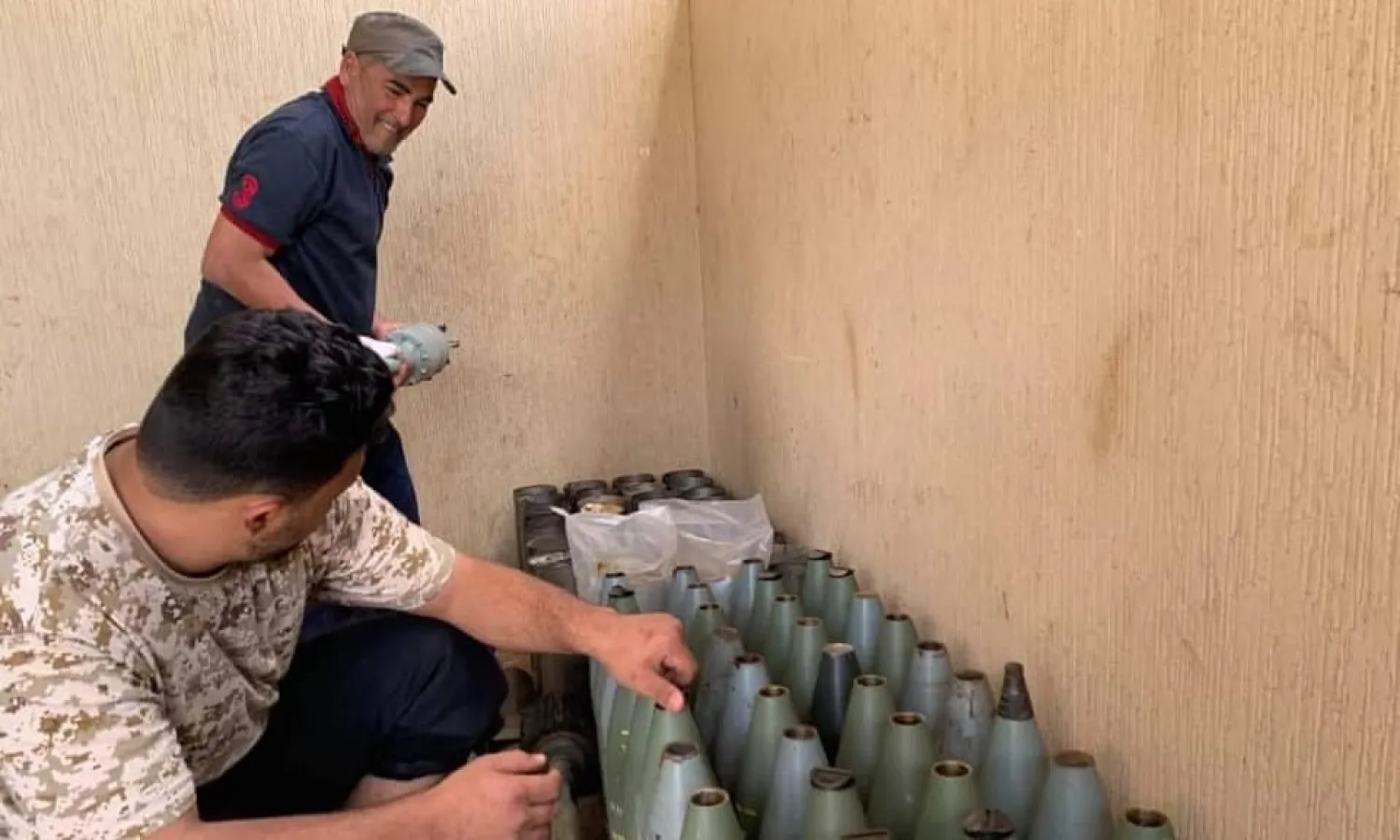France’s foreign ministry on Friday rebuffed US assertions that a European Union naval mission to enforce a UN weapons embargo for Libya was biased and not serious, saying Washington should itself be doing more to stop the flow of weapons.
David Schenker, assistant secretary for Near East Affairs at the US State Department, said on Thursday Europe should go beyond limiting arms-supply interdictions to Turkey by designating Russian military contractor Wagner Group and calling out Moscow and other countries over the issue.
In response to Schenker’s comments, French Foreign Ministry spokeswoman Agnes von der Muhll told reporters: “We call on all our partners - starting with the United States - to step up their action, as the European Union is doing, to hinder recurrent violations of the arms embargo and to help relaunch a political process inclusive.”
Turkey has intervened decisively in recent weeks in Libya, providing air support, weapons and allied fighters from Syria to help the Tripoli-based Government of National Accord repel a year-long assault by the east-based Libyan National Army, commanded by Khalifa Haftar.
Turkey accuses France of supporting Haftar politically, having previously given him military assistance to fight extremist militants.
France denies this, but relations between the two NATO allies have frayed with Paris repeatedly pointing the finger at Ankara over its role in Libya.
“France is actively participating in this important operation in the context of increased foreign interference in the Libyan conflict, which we have condemned in the strongest terms,” Von der Muhll said.









